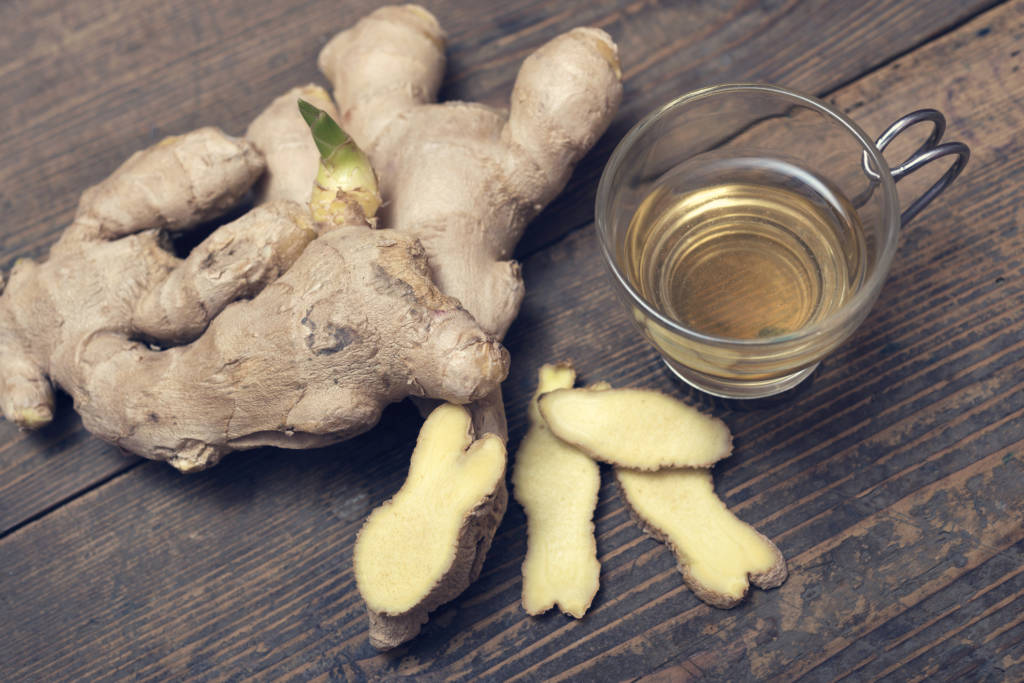Garlic
Garlic has demonstrated to have antibacterial, antiviral, and anti-fungal effects that could speed up the duration of an illness.
Spinach
Spinach and other leafy green vegetables are full vitamins to help fight infections. They are great sources of vitamin C, vitamin K, and vitamin A. Green leafy vegetables also act to protect cells and to fight inflammation. “Adding spinach or kale to a smoothie is a great way get the benefits of the vegetable when you don’t have a big appetite,” says Dr. Elliott. “When preparing the smoothie avoid using dairy, as dairy could increase mucus in the body and worsen symptoms.”
 Manuka Honey
Manuka Honey
Manuka Honey is not only soothing, but it is antimicrobial and can help fight bacteria that cause sore throats.
Cayenne Pepper
Cayenne pepper causes the body to react to the heat and loosen clogged mucus. Studies have shown cayenne pepper also improves circulation and helps to relieve pain and congestion associated with flu symptoms. “Spicy cayenne pepper can help open nasal passages, but only use if there is no gastrointestinal distress present with the illness,” advises Dr. Elliott.”
Ginseng
Ginseng has long been touted for its preventive traits. During an illness, Ginseng in warm tea can help to improve the body’s ability to fight influenza as well as work to prevent future flus.
Cloves
Cloves have a natural pain relieving property that when added to teas can help reduce sore throat pain. There is also some research that indicates cloves can help with certain bacterial infections.
“Prevention is the first step to staying healthy during cold and flu season,” says Dr. Elliott. “Frequent hand washing, proper sleep, and healthy eating are critical for staving off an illness and maintaining proper immune function.”





